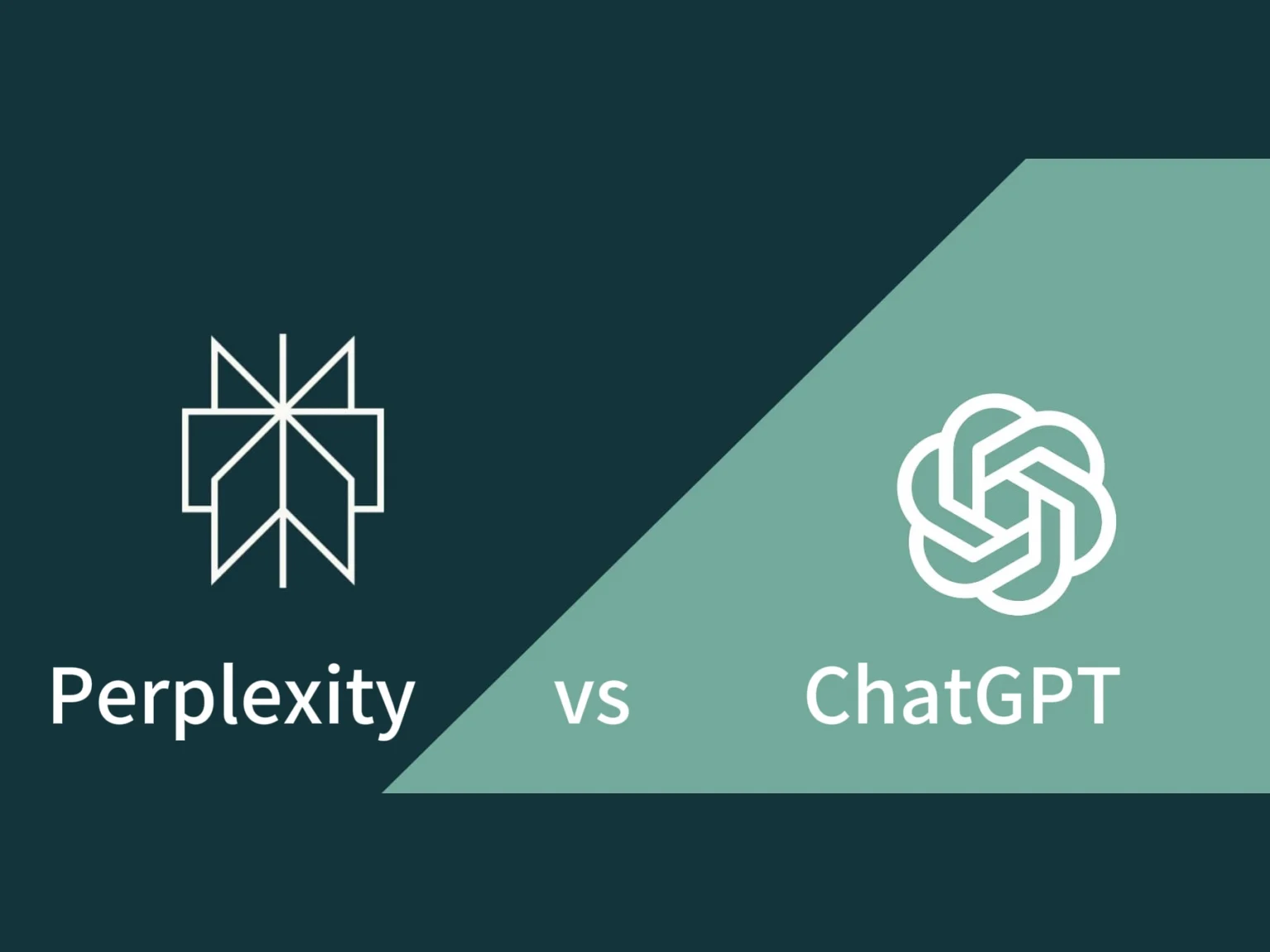- OpenAI’s ChatGPT continues to lead in AI-driven conversations.
- Emerging contender Perplexity AI promises unique capabilities and a fresh approach.
The world of artificial intelligence is ever-evolving, with new technologies constantly emerging to challenge established players. In the realm of conversational AI, two names have garnered significant attention: ChatGPT by OpenAI and Perplexity AI. Both offer unique features and capabilities, but how exactly do they differ?
1. Introduction to ChatGPT and Perplexity AI
ChatGPT, developed by OpenAI, has been a dominant force in the conversational AI landscape. It is known for its sophisticated natural language processing and ability to engage in meaningful dialogues with users. On the other hand, Perplexity AI is a newer entrant that promises innovative approaches to AI-driven conversations.
2. How they process information
- ChatGPT: Utilises a transformer-based model that processes input text in a sequence to generate coherent responses. Its training involves large datasets from diverse sources, making it versatile in handling various topics.
- Perplexity AI: Employs a unique algorithm that focuses on understanding context and user intent more deeply. This allows it to generate responses that are not only contextually accurate but also nuanced.
3. User interaction and experience
- ChatGPT: Known for its user-friendly interface and the ability to generate human-like responses. It is widely used in customer service, content creation, and even entertainment.
- Perplexity AI: Aims to provide a more personalised experience by adapting its responses based on continuous learning from user interactions. This makes it particularly effective in scenarios where context and intent are crucial.
4. Training data and adaptability
- ChatGPT: Trained on a broad range of internet text, which gives it a wide knowledge base but can sometimes lead to responses that are too general.
- Perplexity AI: Utilises specialised training datasets that focus on specific domains. This can result in more accurate and relevant responses, especially in specialised fields.
Also read: Copilot: Introduction to Microsoft’s AI assistant
Also read: Copilot AI: Your digital assistant revolutionising productivity
5. Real-world applications and examples
- ChatGPT: Has been integrated into various platforms such as customer support chatbots, virtual assistants, and even creative writing tools. For example, companies like Shopify use ChatGPT to enhance their customer service.
- Perplexity AI: Still in its early stages but shows promise in fields like healthcare and legal advice, where understanding context and providing precise information are critical. An example is its use in a pilot project to assist doctors with patient queries.
Pros and Cons:
- ChatGPT:
- Pros: Versatile, widely used, large knowledge base.
- Cons: Sometimes too general, can generate less accurate responses in specialised fields.
- Perplexity AI:
- Pros: Contextually accurate, personalised responses, effective in specialised fields.
- Cons: Limited general knowledge, still in developmental stages.
Industry Impact: Both ChatGPT and Perplexity AI are driving advancements in AI and setting new benchmarks for conversational technologies. As AI continues to integrate into various sectors, the competition between these two technologies will likely spur further innovations.
Opinion
The battle between ChatGPT and Perplexity AI highlights the rapid evolution and competitive nature of the AI industry. While ChatGPT remains a strong contender with its versatile applications, Perplexity AI offers promising advancements in personalised and contextually aware interactions. This dynamic competition ensures continuous improvement and innovation, ultimately benefiting users worldwide.
Witnessing the rapid advancements in AI, I am particularly excited about the potential of Perplexity AI. Its focus on understanding context and providing personalised responses could revolutionise how we interact with technology. While ChatGPT has set high standards, the fresh perspective and capabilities of Perplexity AI make it a contender to watch closely.

